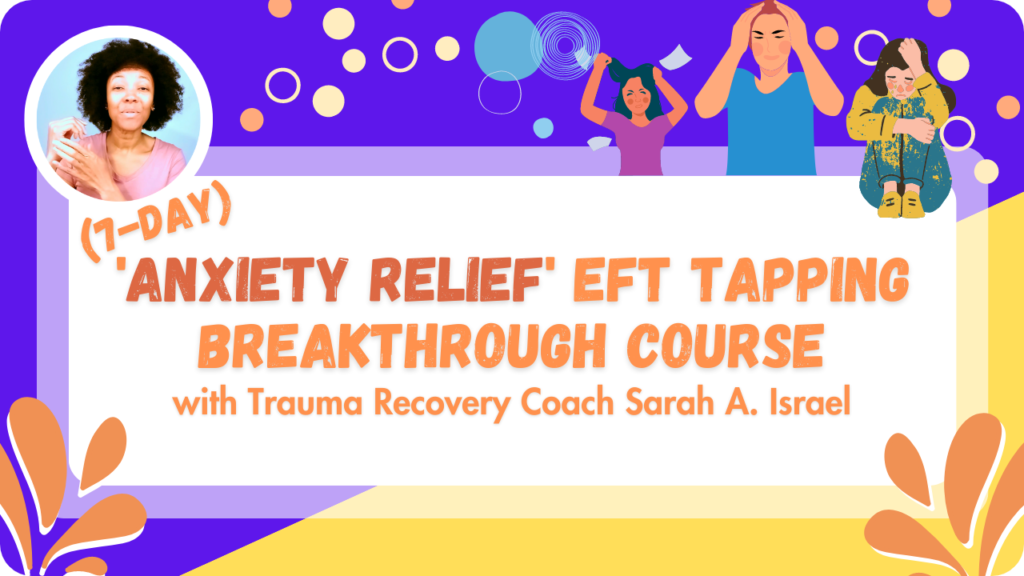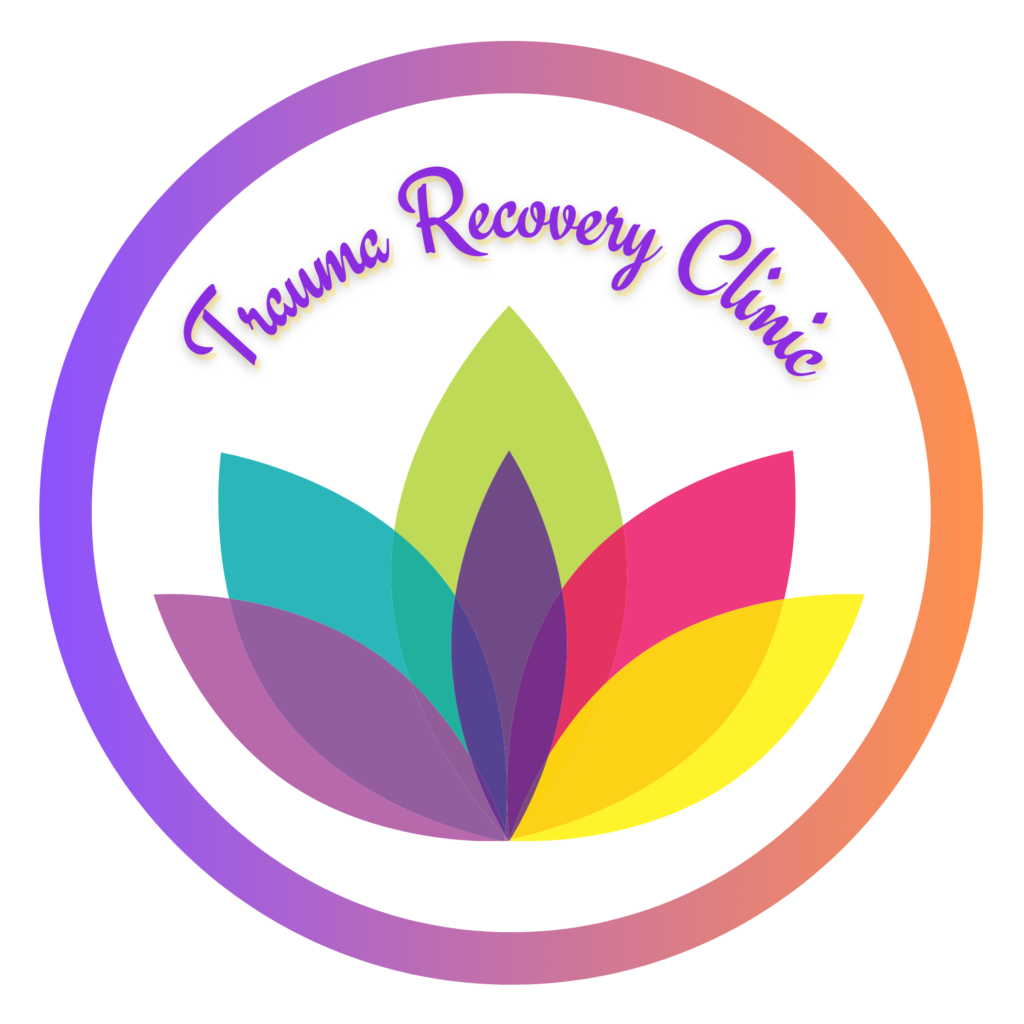
Hey there, beautiful soul! So, you’re an aspiring conscious coach or healing practitioner looking to step up your game, right? You’ve got the passion, the skills, and that nurturing spirit. But when it comes to talking about your coaching work and services, you might find yourself getting a little tongue-tied.
Trust me, you’re not alone. The tribulant journey to becoming a confident coach is one that many of us have walked. So, let’s dive into how to build confidence as a coach and start shining your light even brighter.
Understanding the Power of Your Unique Voice
First things first, it’s important to recognize that your voice is unique and powerful. As a coach, your personal story, experiences, and insights are what make your coaching practice special. Embrace your uniqueness. It’s what will attract clients who resonate with you.
How to Build Confidence as a Coach by Embracing Your Story

Your journey is your superpower. Think about the experiences that led you to become a conscious coach or healer.
Reflect on the challenges you’ve overcome and the wisdom you’ve gained along the way.
When you share your story, you create a connection with potential clients who might be facing similar struggles.
They’ll see themselves in you and trust that you can guide them through their own journeys.
Building Your Knowledge and Expertise
Knowledge is a key confidence booster. The more you know about your field, the more confidently you can speak about it. Take the time to deepen your understanding of the methodologies and practices that you use in your coaching.
How to Build Confidence as a Coach Through Continuous Learning
Never stop learning. Attend workshops, read books, take courses, and stay updated with the latest trends in coaching and healing. This not only enhances your skills but also gives you more to talk about when explaining your services. Knowledge is empowering and makes you feel more prepared to answer questions and address concerns.
Practicing Your Elevator Pitch
An elevator pitch is a brief, persuasive speech that you use to spark interest in what you do. It’s called an elevator pitch because it should be short enough to deliver during an elevator ride. This is crucial for networking events, casual encounters, or any time someone asks, “So, what do you do?”
How to Build Confidence as a Coach with a Solid Elevator Pitch
Craft your pitch by focusing on what you do, who you help, and the benefits of your services. Practice it until it feels natural. This way, when someone asks about your work, you’ll be ready to respond confidently and clearly. Here’s a simple formula to follow:
- What you do: “I’m a life coach.” Or… “I’m a healing practitioner.”
- Who you help: “…who works with women looking to overcome past traumas and build healthier relationships…”
- Benefits: “…helping them find peace, empowerment, and self-love.”
Overcoming Imposter Syndrome
Imposter syndrome can be a real confidence killer. It’s that nagging feeling that you’re not good enough or that you’re a fake. Even the most successful people experience it from time to time. The key is not to let it hold you back.
How to Build Confidence as a Coach by Tackling Imposter Syndrome
Acknowledge your achievements and the positive impact you’ve had on your clients. Keep a journal of your successes and revisit it when you’re feeling doubtful. Remember, you’re not alone in feeling this way, and it doesn’t define your abilities as a coach. Trust in your journey and the value you bring.
Connecting with Your Ideal Clients
Knowing who your ideal clients are and understanding their needs can significantly boost your confidence. When you have a clear picture of who you’re serving, you can tailor your message to speak directly to them.
How to Build Confidence as a Coach by Understanding Your Ideal Clients
Create a vision of your ideal client – a detailed profile of your dream client. Consider their age, gender, profession, challenges, and goals. The more specific you are, the better. This clarity helps you speak directly to their needs and positions you as the coach who truly understands them.
Practicing Self-Care and Mindfulness
As a coach, you probably emphasize self-care and mindfulness to your clients, but it’s equally important for you. Taking care of your mental and emotional well-being can greatly enhance your confidence.
How to Build Confidence as a Coach with Self-Care
Incorporate practices like meditation, journaling, and regular exercise into your routine. These activities help reduce stress, improve focus, and boost overall well-being. When you feel good, it shows in how you present yourself and interact with others.
Getting Feedback and Testimonials
Feedback is invaluable for growth. It helps you understand what’s working and what needs improvement. Don’t shy away from asking your clients for testimonials.
How to Build Confidence as a Coach Through Client Feedback
Reach out to your clients and ask them about their experience working with you. Use their positive feedback and testimonials to build your credibility. Sharing these testimonials on your website and social media can attract new clients and reinforce your confidence in the impact of your work.
Stepping Out of Your Comfort Zone
Growth happens outside of your comfort zone. Challenge yourself to take on opportunities that make you a little nervous.
How to Build Confidence as a Coach by Embracing New Challenges
Attend networking events, offer free workshops, or start a blog or YouTube channel. These activities can be intimidating at first, but they’re excellent ways to build confidence and showcase your expertise. The more you put yourself out there, the more comfortable and confident you’ll become.
Practicing Gratitude and Positive Affirmations
Gratitude and positive affirmations are powerful tools for shifting your mindset and boosting confidence. They help you focus on the positives and reinforce a healthy self-image.
How to Build Confidence as a Coach with Gratitude and Affirmations
Start a daily gratitude journal. Write down three things you’re grateful for each day. Additionally, practice positive affirmations such as “I am a confident and capable coach” or “I bring value and healing to my clients.” Over time, these practices can transform your mindset and enhance your self-belief.
Seeking Mentorship and Community Support
You don’t have to go on this journey alone. Connecting with other coaches and healers can provide support, inspiration, and valuable insights.
How to Build Confidence as a Coach by Finding a Mentor
Find a mentor who has walked the path you’re on. Their guidance can be incredibly valuable in helping you navigate challenges and build confidence.
Additionally, join coaching communities or groups where you can share experiences and learn from others. Surrounding yourself with like-minded individuals can be a great confidence booster.
Celebrating Your Progress
Finally, remember to celebrate your progress. Every step you take towards becoming a more confident coach is worth acknowledging.
How to Build Confidence as a Coach by Celebrating Wins
Set small, achievable goals and celebrate when you reach them. Whether it’s gaining a new client, receiving positive feedback, or completing a course, take the time to acknowledge and celebrate your achievements. This practice not only boosts your confidence but also keeps you motivated.
Wrapping Up on How to Build Confidence as a Coach
Building confidence as a coach is a journey, not a destination. It requires patience, persistence, and a lot of self-love. Embrace your unique voice, keep learning, practice self-care, and don’t be afraid to step out of your comfort zone.
Remember, you have a gift that can transform lives. Believe in yourself and the incredible impact you can make. You’ve got this, beautiful soul!
So, how do you feel now? Ready to step into your power and start speaking confidently about your coaching work and services? Trust in your journey and know that the world needs your light. Keep shining!
Still Need Help Finding Confidence? Book A Session
Reach out to Business Coach and Energy Healer, Sarah Israel for a strategy session on how to startup or expand your coaching or healing practice. My rates start at $188 for a 1-hour session. High-value packages are also available for long-term coaching services. See a list of business coaching benefits, here.
Or get started by sending a quick message to: coach@meditationswithsarah.com
___________________________________________________________________________________________________________________________________________________________________________________________
In her more than 20-year dynamic business background, Sarah has dominated various industries from bridal, to ecommerce, to marketing and real estate — launching extremely lucrative startups both in the United States and globally. Sarah Israel has gained celebrated mastery in sales as well as client retention strategies. Mrs. Sarah Israel is highly sought-after for her impressive cache of wisdom and knowledge in many domains.






 Back when I first began dealing with my own anxiety and depression, I was avoiding many unpleasant people and situations. I thought that I was better off dealing with my struggles on my own. I knew that I would figure my way out eventually and I felt more comfortable going through it that way.
Back when I first began dealing with my own anxiety and depression, I was avoiding many unpleasant people and situations. I thought that I was better off dealing with my struggles on my own. I knew that I would figure my way out eventually and I felt more comfortable going through it that way.